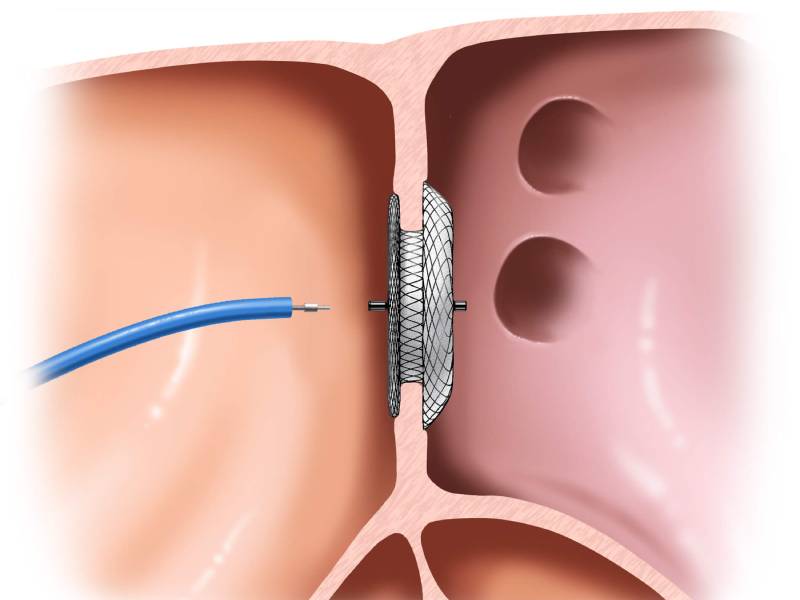ASD, VSD and PDA are birth defects and usually present in children; but can be first time detected in adult also.
Dr. Kartik Bhosale is qualified cardiologist in Wakad, Pune has more than 15+ years of expereince in treating varuious heart defects. Dr. Kartik Bhosale mainly focus on Device closure of ASD, VSD and PDA, IVC filter implantation, etc. Dr. Kartik Bhosale’s at his Cardiology clinic in Wakad, performed and treats various heart defects with the device closure procedure in Wakad, Pune. To correct such defects, surgery was the usual method. But now thanks to medical advances, cardiologists can use catheter procedures to close such defects without major open heart surgery. This procedure is called as device closure of the defect. Before the explaining Device closure process, first we understand the what is heart defects ASD, VSD and PDA.
Let’s see:

Atrial septal defect (ASD) and Ventricular Septal Defects (VSD) are heart abnormalities generally present from birth (congenital heart defects). These are abnormal openings in the heart that didn’t close during development or after birth.
Patent Ductus Arteriosus (PDA) – It is an abnormal connection between two major arteries of the heart named the Aorta and Pulmonary artery. Depending on the size of the opening, it is not uncommon for these conditions to go for many years or decades without being noticed. However, in some cases, they can cause stress on the heart and result in symptoms such as breathlessness, stroke, or abnormal heart enlargement.
All these defects allow blood to pass from the left side of the heart to the right side, which is abnormal and increases the load on the heart.
The device closure procedure used as a reparative surgery is known as transcatheter closure, although it is done for a reparable hole and this is not the only treatment for hole closures. When compared to other surgeries, it is a less invasive surgery.
Dr. Kartik Bhosale provides the best treatment for various heart diseases in Pimpri-Chinchwad and Pune. For more information about our comprehensive treatment options, or to request an appointment with the best cardiologist in Pune call +918420070081 / +918420070082 or Click on Book Appointment for online booking with your near hospital
Closing an atrial septal defect (ASD) with a device is generally not painful during the procedure. It’s performed under anesthesia, so you won’t experience pain while the device is being positioned in your heart. This approach ensures your comfort throughout the process
ASD closure involves several tools:
Ventricular septal defect (VSD) is closed using specialized “VSD closure devices.” These medical tools are designed to seal the hole in the ventricular septum, the heart’s lower chamber wall.
The specific name of an atrial septal defect (ASD) closure device
ASD closure devices vary in size, tailored by your healthcare provider to match your specific needs and ASD dimensions for effective closure.
The average cost of the device closure procedure in Pune ranges from Rs. 3 Lac to 5 Lacs. It may vary on the basis of hospitals, cardiologist team, an instrument used, and patient health condition.
WhatsApp us
